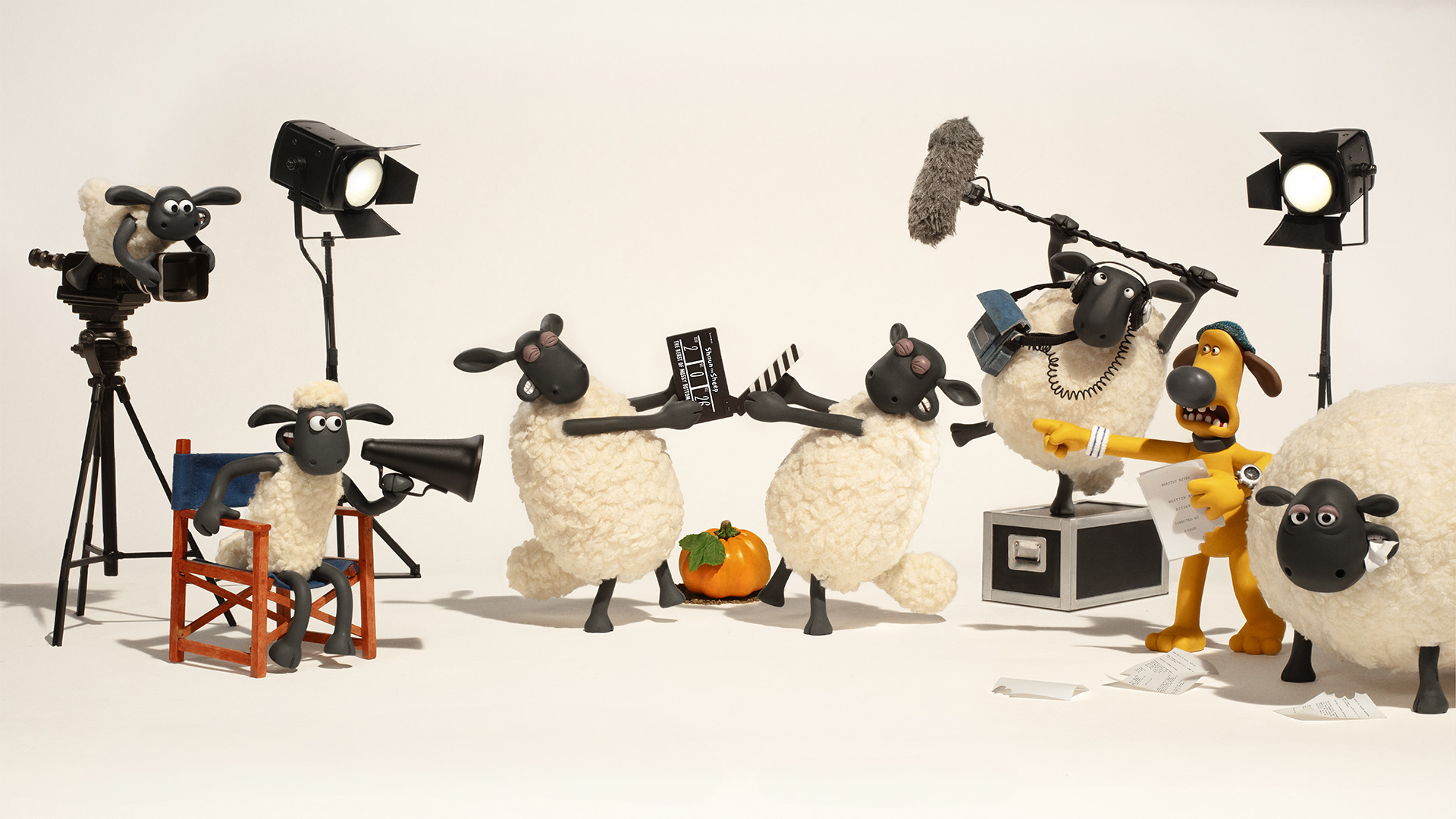Sophy Ridge on Sunday Interview with Debbie Abrahams MP, Shadow Work and Pensions Secretary, 9.07.17

ANY QUOTES USED MUST BE ATTRIBUTED TO SOPHY RIDGE ON SUNDAY, SKY NEWS
SOPHY RIDGE: Making hay from the government’s woes is a gleeful Labour party, suddenly looking relatively united and able to make big promises on pay and the funding of public services from the comfort of opposition. The polls show Jeremy Corbyn pulling ahead of Theresa May and joining us now in the studio is the Shadow Work and Pensions Secretary, Debbie Abrahams. Good morning, nice to see you.
DEBBIE ABRAHAMS: Good morning Sophy, lovely to see you too.
SR: I thought I’d start off by talking to you about this public sector pay rise, about austerity because I’ve been filming in a school in Hackney this week and we’ll show the report a bit later on in the show but they are very worried about funding and about their own pay. Is it time do you think to give public sector workers a real terms pay rise?
DEBBIE ABRAHAMS: We do and in fact we have committed to that. We know from analysis from the TUC for example that public sector pay workers by 2020 will have pay rates at 2004 levels, they have already lost £1000 in real terms in wages and by 2020 it is going to be £3000, that’s our nurses, our teachers, our fire fighters and police officers and we believe it’s not right, there is a moral case as well as an economical case as well for giving them a pay rise.
SR: Talking about the economics, the Labour party manifesto pledges £4 billion a year for this, now according to the IFS if you were going to give public sector pay rises anything like something in line with what the private sector are receiving by the end of the parliament it would cost £10 billion a year so there’s a bit of a disparity here, where’s this money going to come from?
DEBBIE ABRAHAMS: Well first of all we used OBR figures, just the same way that the IFS did and …
SR: So why did you come up with different figures then?
DEBBIE ABRAHAMS: Well the IFS model used different assumptions around it so for example it included employers national insurance, it also included different aspects around pensions, so as we know full cost models are notoriously difficult to be predicted but that’s the basis for the difference and we’d make sure that…
SR: It’s quite a big difference though isn’t it?
DEBBIE ABRAHAMS: It is but as I say, it’s based on different assumptions so we will look at future models to make sure that we address some of the anomalies that you’ve highlighted there.
SR: Inflation is high at 3%, if you go back to that discrepancy between Labour’s figures which you say are based on different assumptions and the IFS figures who in many ways are the independent think tank on this, lots of people will be saying it’s very easy to rail against the government from opposition but actually your sums don’t add up.
DEBBIE ABRAHAMS: Well again I disagree with that but if we look more broadly at this around austerity, we know from the IMF, we know from Nobel economists such as Paul Krugman and Joseph Stieglitz, they have shown that austerity including a public sector pay gap just isn’t working, it is actually stifling the economy so again getting back to the moral imperative that it is right that we give our public sector pay workers a pay rise but it also makes economical sense. Think about the …
SR: The moral imperative is one thing but the specifics are another aren’t they?
DEBBIE ABRAHAMS: Well is it right that, for example, the banks of nurses that are being paid millions of pounds, the same with teachers, the impact that is having on the overall salary costs for teachers and nurses and then if we look at some of the impacts of the public sector pay gap, I was contacted by a secondary school teacher in Sussex who was going to be made homeless. Her service charge has gone up in her home, she can’t afford it, she is a lone parent with her son in a two bedroom flat, she is having to sell that and go into the private sector. The impact potentially on social security costs, it doesn’t make sense to do that.
SR: It is easy to talk about these difficult cases but to really do something about them you’ve got to talk figures haven’t you?
DEBBIE ABRAHAMS: It’s up and down the country, Sophy, so we know for example a teacher wanting to buy a house, an average house in …
SR: But that’s standard though isn’t it ….
DEBBIE ABRAHAMS: Can I just make these points because I think really important. To save up to buy a home they’d have to be saving for 71 years to get a 63% deposit for a home, again teachers are leaving in their droves, we are relying on bank staff, an additional cost in teaching costs, this just doesn’t make economic sense.
SR: So if you feel so passionately about it, why aren’t you putting more money into it?
DEBBIE ABRAHAMS: We believe we have costed it in an effective way, I said right at the beginning that the models that we used are different and that explains the discrepancy between the IFS figure and the figure that we came up to. If we used similar models I would hazard a guess that they would come up with similar results.
SR: Well 1% increase to public sector pay costs around £1.8 billion a year, inflation is at 3% so to do the maths, £4 billion isn’t going to cut it is it?
DEBBIE ABRAHAMS: We said that we would refer to pay review bodies who would set the level that we would be considering if we were in government.
SR: But the money doesn’t add up does it?
DEBBIE ABRAHAMS: Again I get back to you the points that I have made before, we used one model, the IFS used another, we believe that we can satisfy the needs for both the public sector pay rise and for doing the right thing.
SR: Okay, well let’s move on to your own brief, the benefits side, because this is something I have been slightly wrestling to try and understand exactly where your party is at on benefits, so if we can go slow and steady through some of this if that’s okay. Let’s have a look now at some of the biggest cuts that are being planned over the next parliament, so you can see here the freeze on working age benefits, that would save about £3.6 billion a year, cuts to Universal Credit saving around £3.2 billion, the limit on benefits with two children, that’s around £2 billion so that’s a total of £8.8 billion a year. Now looking at your party’s spending plans in the manifesto you have only pledged £2 billion to reverse all that so are you happy to keep 80% of the government’s cuts to benefits?
DEBBIE ABRAHAMS: No, what we said is that we would spend £4 billion a year on reversing cuts to the Employment Support Allowance which are affecting the world related activity group, affecting half a million people there; 300,000 with mental health conditions; the PIP regulations that were introduced for that without any debate, without any vote affecting 166,000 people with mental health conditions. We’d also be making sure that people under 21 who have been excluded from the housing market in terms of housing support as well as the two child limit that you mentioned there but on top of that we allowed for in-year costs, in-year costs of £2 billion to look at how we can …
SR: On top of the £4 billion because in your manifesto it says if I am right …
DEBBIE ABRAHAMS: No, just a second, Sophy, what I said is I gave you examples of the specific cuts that we would reverse and then I said on top of those we would reform and transform Universal Credit and within that looking at the freeze, reversing the freeze which is we estimate about £900 million a year as well as in terms of being the cap that the High Court judge found illegal for parents, lone parents with children under two.
SR: You see this is where my confusion is: the £2 billion …
DEBBIE ABRAHAMS: I don't know your sources but I have been …
SR: This is the government figures and the sources that I’m talking about is from your manifesto, £2 billion on the specifics that you’ve laid out there, £2 billion to deal with remaining cuts and changes to Universal Credit but £2 billion doesn’t equate to £8.8 billion.
DEBBIE ABRAHAMS: Four billion overall, as I say the £2 billion specifically for Universal Credit and we’re reforming that and we’re also looking at the freeze, so we recognise the complexity and the difficulty about reforming the market. We know again from work from the Citizen’s Advice Bureaux that I’m sure you’re going to come on to, that was published this week Sophy, they were saying it is just not fit for purpose, it is driving people into homelessness, it’s driving them to food banks, it’s leaving people in destitution so this … We are intending to reform our social security system so it’s fit for the 21st century workplace. We know that people are going into and out of work, the precarious work situation that 10 million people find themselves in and our social security system just isn’t fit for purpose. We again from the High Court judge that it is pushing children into poverty so we are doing this, in the context of also making sure that we have a living wage, a real living wage of £10 an hour. We are going to be transforming our housing market, housing costs are significant, the second biggest cost after state pension …
SR: But just to come back to the specifics here because you say that the system isn’t fit for purpose so why is it then that it seems that you are accepting 80% of the cuts because again the £2 billion that you reserved for looking at Universal Credit just doesn’t equate to the £8.8 billion it will cost to …
DEBBIE ABRAHAMS: Well I would love to know how you’ve come up with those figures, Sophy, to be honest because we did a …
SR: This is the Resolution Foundation’s analysis of the government’s figures.
DEBBIE ABRAHAMS: Well I am grateful for that source but ours differ slightly. We want to make sure that we do transform and it is in the context as well as what else we will do around the living wage, around reforming the housing market, about making sure that we address the real issues around a stagnating economy which tends to be only supporting London and the south-east.
SR: And do you really think £2 billion is enough to do all of that?
DEBBIE ABRAHAMS: £2 billion is what we have set by a year at the moment around Universal Credit specifically and the freeze.
SR: And do you think it’s enough to do all that?
DEBBIE ABRAHAMS: I think it is going to make significant inroads. As I say we estimate, again using the government figures so I appreciate models do vary and I put all the caveats around that but we estimate that the £900 million a year will be around the freeze and around £150 million around supporting the reversal of the lower cap.
SR: Part of me can’t help wondering, to be quite cynical about this, is you didn’t lay out the total cost around what it would mean to do all you want with the benefits system in your manifesto because you knew how expensive it would be and also because you didn’t need to because everyone trusts Jeremy Corbyn’s credentials when it comes to benefits. Was it not in the manifesto deliberately because you knew it would be too expensive or was it just an oversight?
DEBBIE ABRAHAMS: Definitely not an oversight, I’ve been working very hard and as you rightly say, so has Jeremy and John McDonnell to be fair and …
SR: So you deliberately left it out then?
DEBBIE ABRAHAMS: Not deliberately, we felt that we could make significant inroads by looking at this in the round, it is not just about social security …
SR: You were keeping [inaudible] of the cuts.
DEBBIE ABRAHAMS: No Sophy, what I am saying is that we’re looking at it in the context of what we are doing for example around self-employment, around our Workplace 2020 agenda so I am working very hard across inter-departmental groups with Rebecca Long-Bailey for example and what this means for transforming our social security system so that it’s fit for a new workplace in the 21st century and that includes, as I say again, making sure that people on the lowest pay have a decent rate for a decent day’s work.
SR: Right, now before you go I’m quite interested to get your views on deselections. After the election of course Jeremy Corbyn is riding high, he’s backed by the membership but there’s lots of talk about unruly colleagues perhaps people who haven’t always been loyal in the past being up for reselection in their own constituencies. What would you say to people calling for that?
DEBBIE ABRAHAMS: First of all I think the election was a huge result for us, a really positive result and it showed what we can do when we all pull together, when we all work for a single objective which is making sure that we have a fairer Britain. We know we don’t have a fairer Britain and there are so many people who are being left in the margins, disabled people, people on low pay …
SR: And on reselections?
DEBBIE ABRAHAMS: My point is that we all need to come together. I haven’t heard that, it hasn’t been said in any conversations that I have been party to. We have a very talented group of MPs including some that have been there for a while and including those that have just come on board. We all need to work together and to deliver. We could have an election in a few months and we need to be pulling together to make sure we can deliver for the country and for the people who have been marginalised and excluded for much, much too long.
SR: Okay, Debbie Abrahams thank you very much for being on the show.
DEBBIE ABRAHAMS: Thank you.




